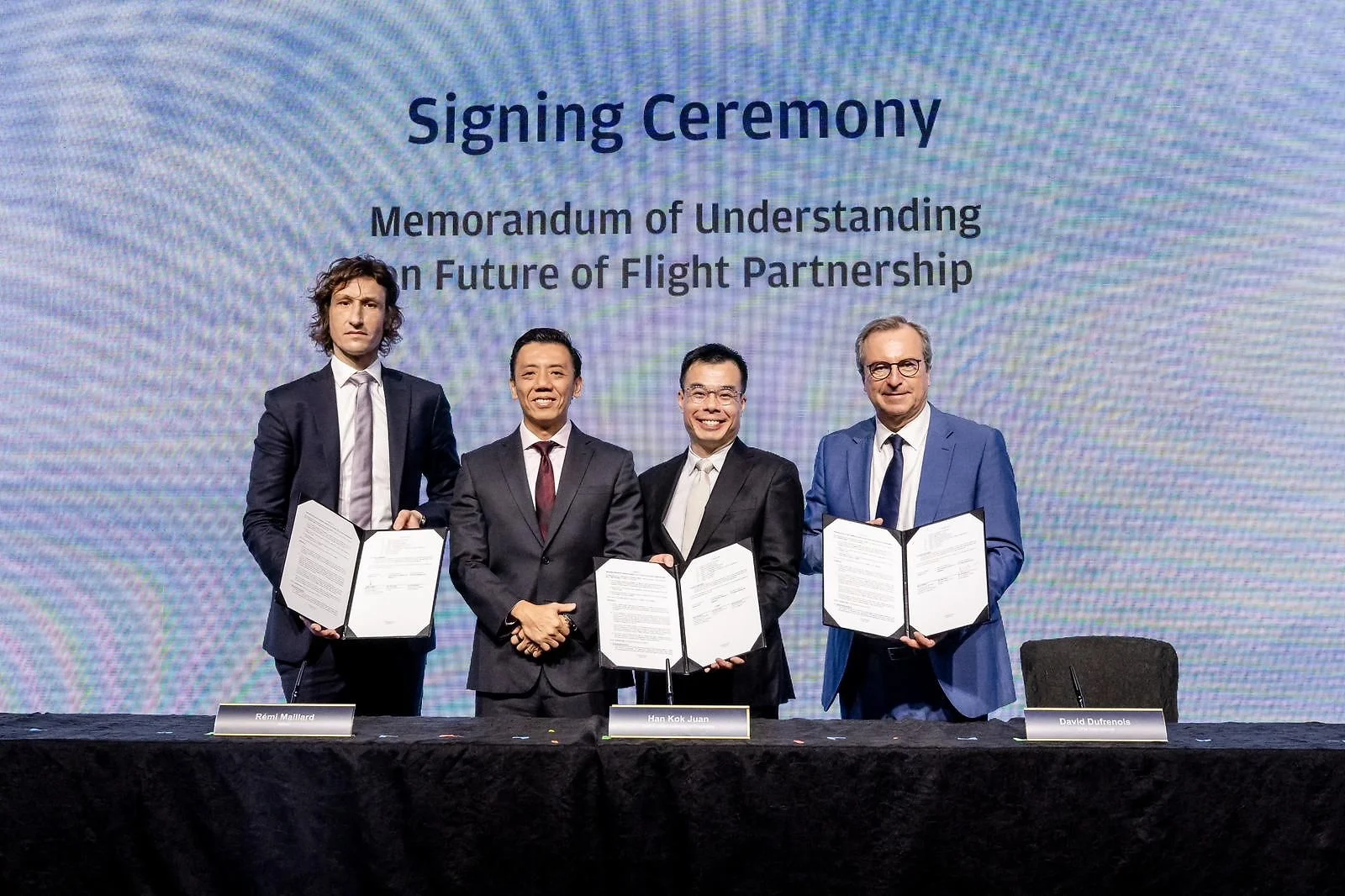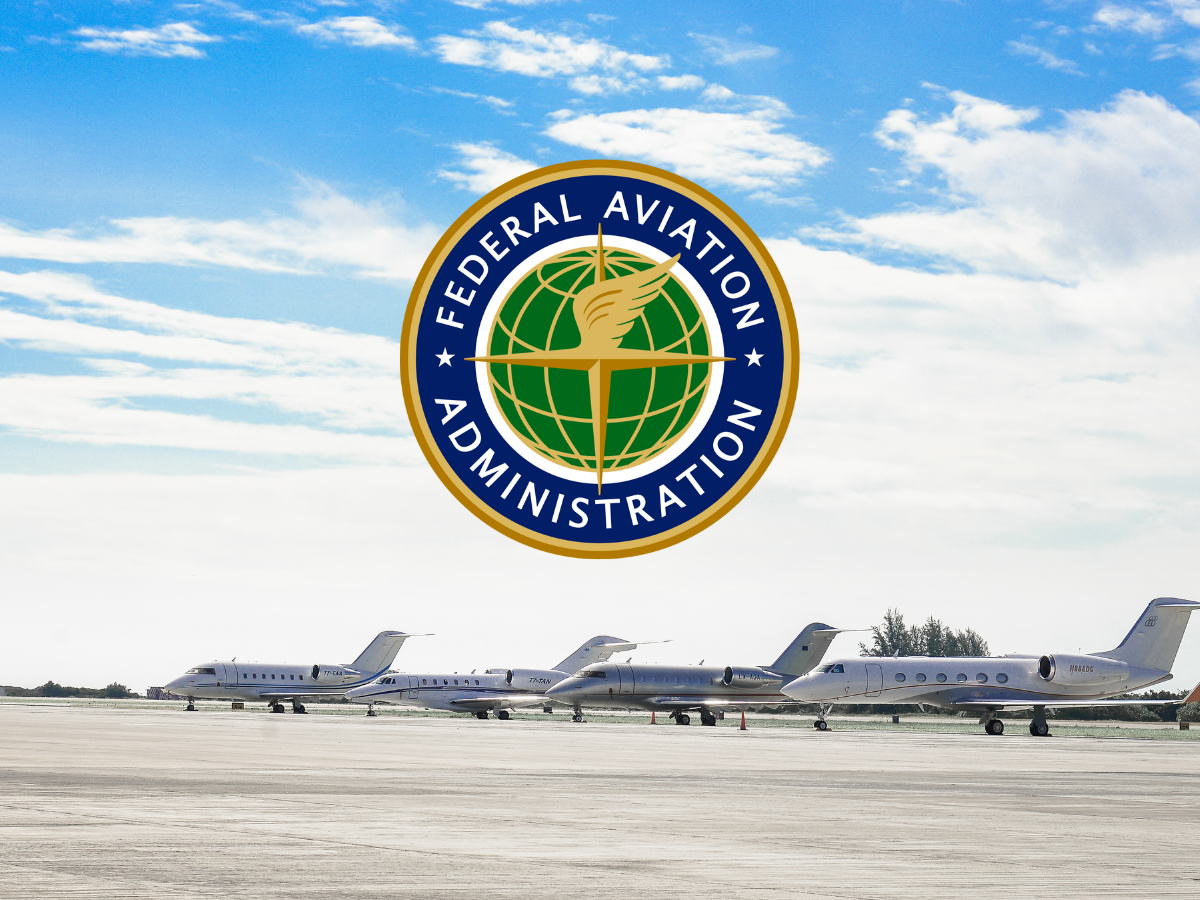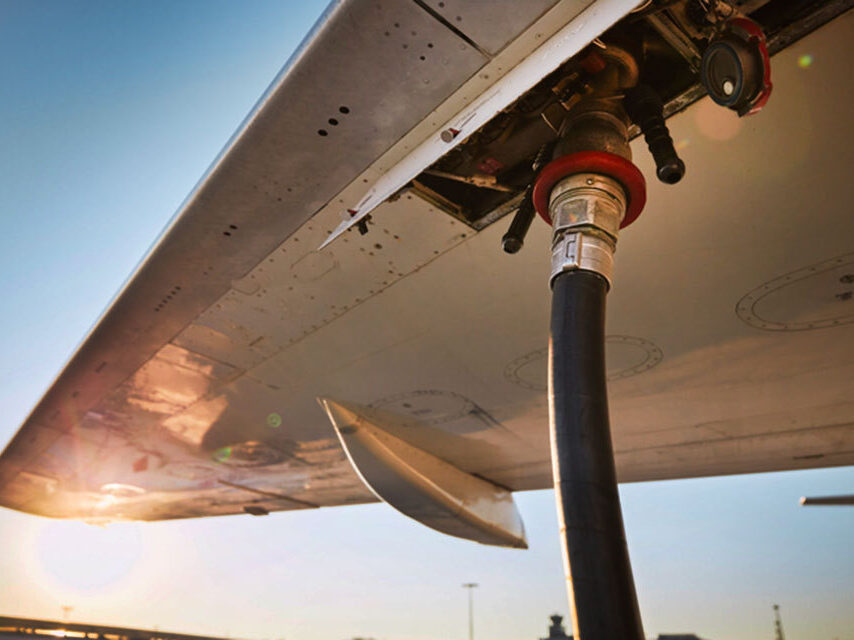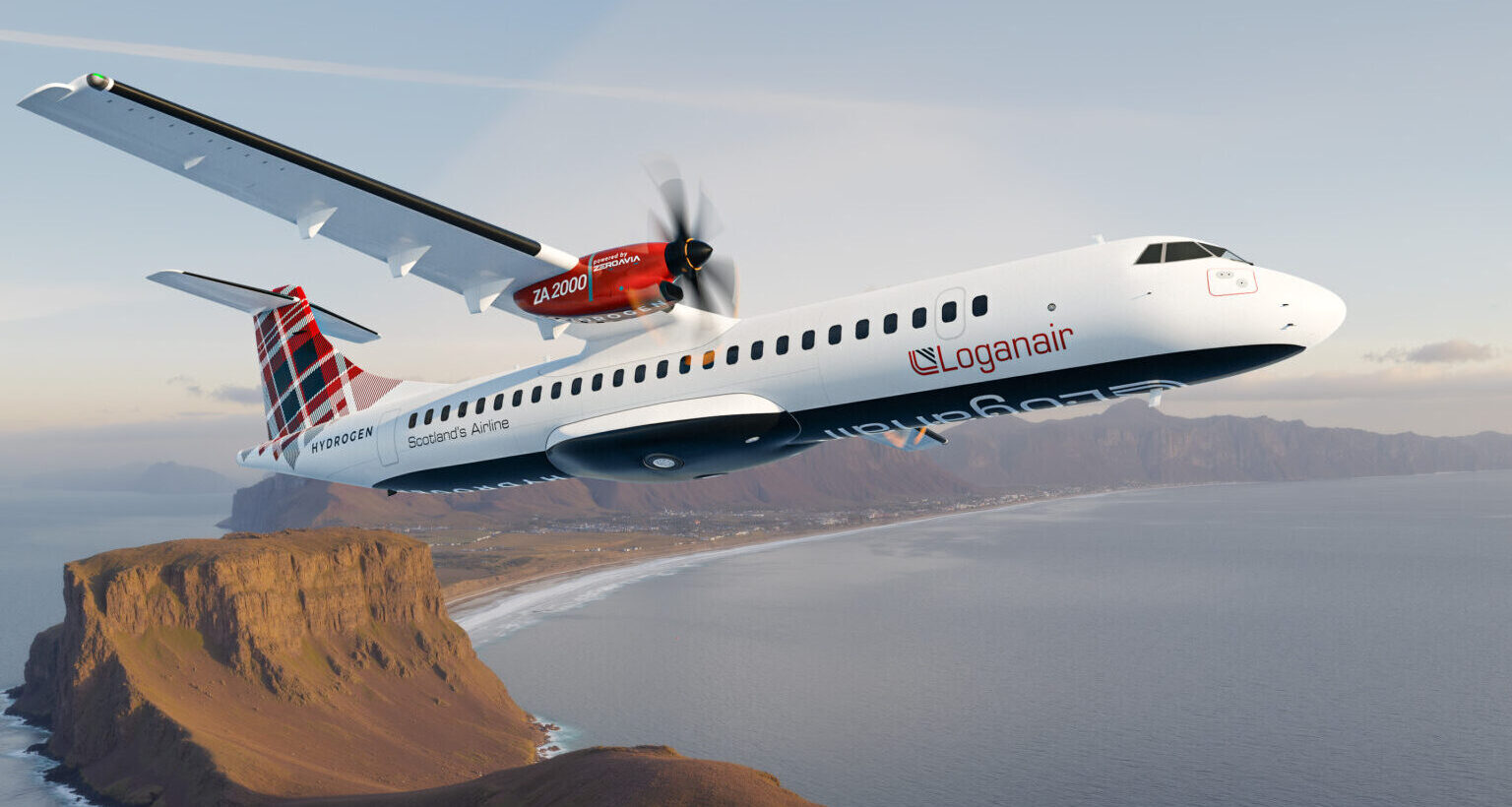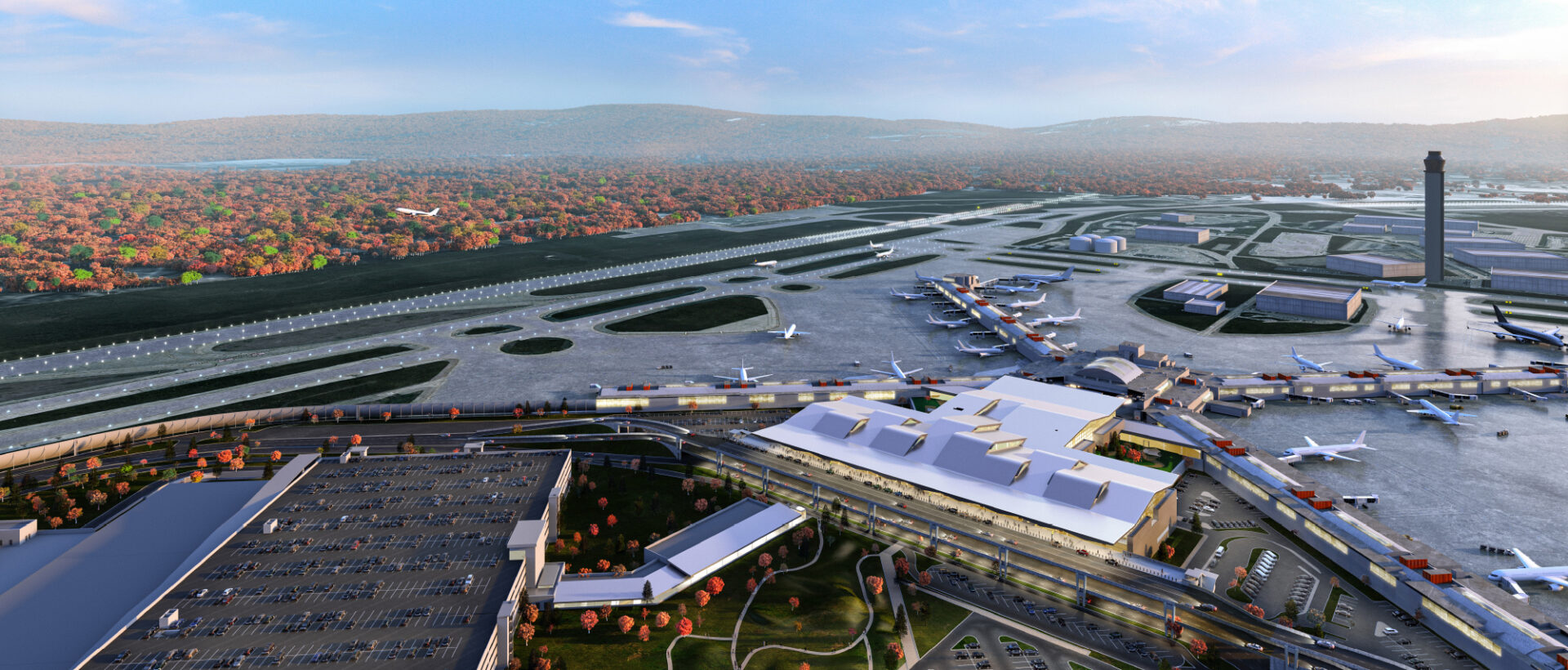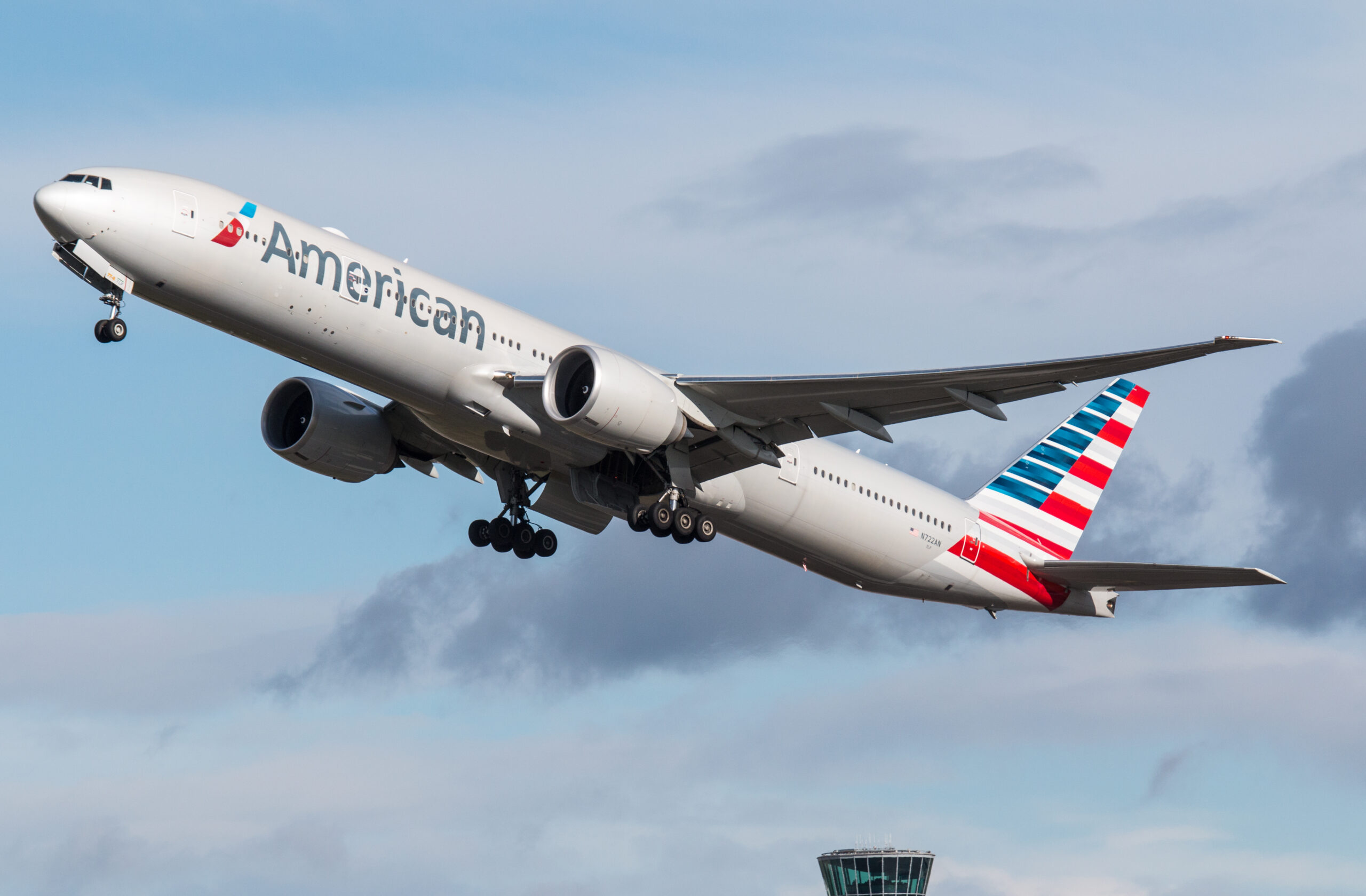Airports Council International (ACI) World has voiced strong reservations about a proposal to introduce a new international tax on air travel.
The initiative, announced by a coalition of eight countries—France, Kenya, Barbados, Spain, Somalia, Benin, Sierra Leone, and Antigua & Barbuda—aims to raise funds for development, public health, and climate resilience efforts.
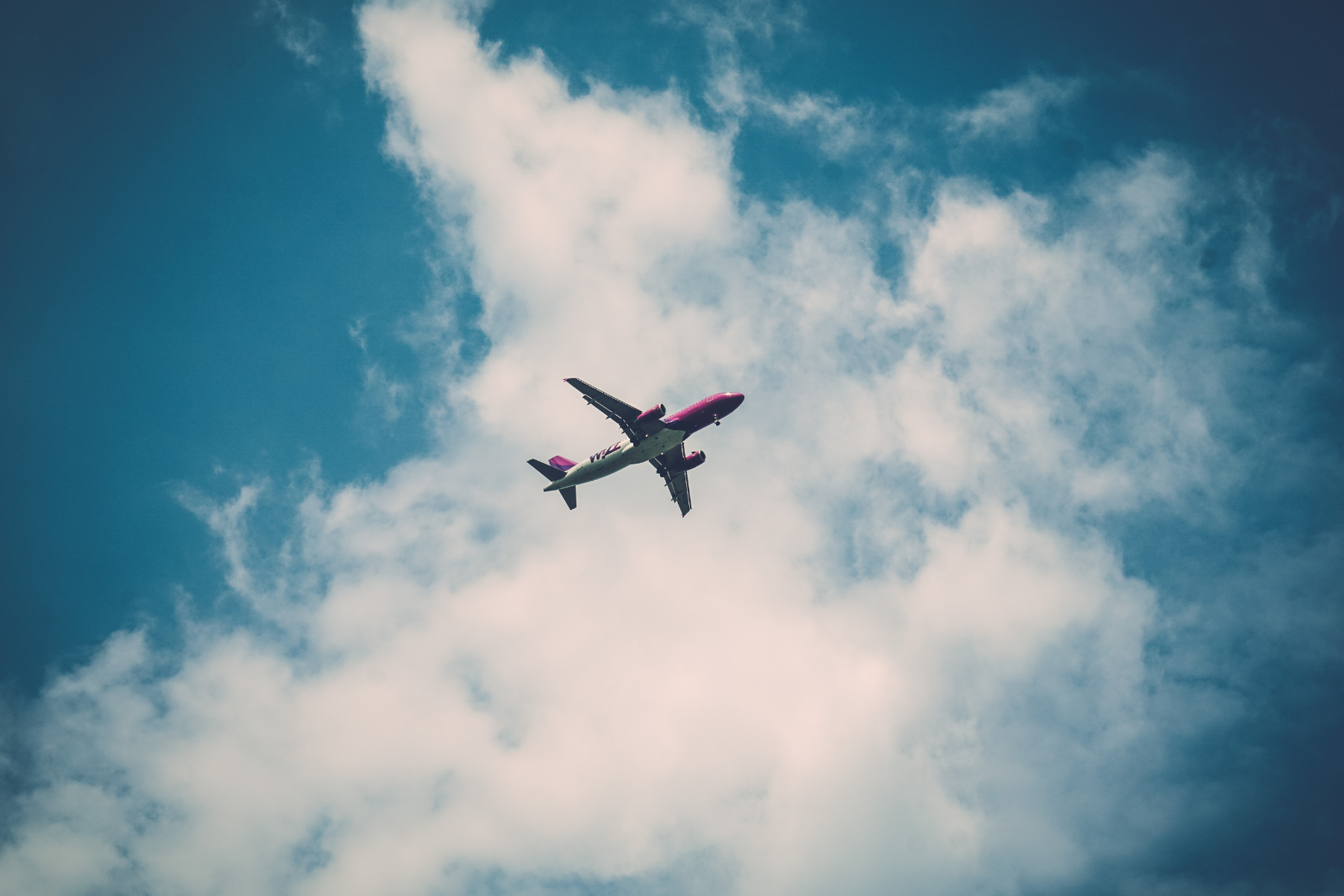
The proposal places particular emphasis on taxing premium class travellers and is being positioned as a funding tool ahead of the upcoming COP30 climate summit. However, ACI World has warned that the measure could have unintended consequences for global air connectivity and the wider economic and environmental goals it seeks to support.
Justin Erbacci, Director General of ACI World said:We fully support the global pursuit of sustainable development and climate resilience. However, targeting aviation with additional taxes is likely to undermine the very connectivity and economic growth that support these goals. The aviation sector must be empowered—not penalised—if we want to achieve long-term global progress.
ACI cites research showing that existing taxes on aviation already have a measurable dampening effect on connectivity and regional economies. Its analysis suggests that removing the current 90 billion USD in annual aviation-related taxes could result in the creation of over 5 million jobs and generate approximately 180 billion USD in global GDP. The organisation argues that these figures point to the sector’s potential to drive economic progress when not restricted by fiscal policy.
While the coalition of states promoting the tax has stated its intention to invest proceeds into “resilient investments and fair transitions,” ACI World has also raised questions about how such funds would be managed. It expressed concern that a new tax could divert resources away from existing, internationally agreed climate frameworks.
The aviation industry, under the guidance of the International Civil Aviation Organization (ICAO), is already implementing strategies to achieve net zero carbon emissions by 2050. These include the Carbon Offsetting and Reduction Scheme for International Aviation (CORSIA), as well as commitments to sustainable aviation fuels, infrastructure upgrades, and emerging low-emission technologies.
ACI World is concerned that overlapping or competing funding mechanisms could slow progress by diluting investment in the sector’s own transition plans.
ACI World is aligned with ICAO, the International Air Transport Association (IATA), and the Air Transport Action Group (ATAG) in calling for a more unified approach to sustainable aviation policy. The group warns that unilateral tax measures could create market imbalances, distort competition between carriers, and place disproportionate pressure on nations with fewer alternative transport options.
Instead, ACI advocates for globally coordinated action that recognises aviation’s existing environmental commitments and its broader role in social and economic development.




